Last Updated on June 29, 2022 by Rebecca Huff
Are you obsessed with healthy eating?
It's a trap that's easy to fall into. I shared about the health challenges I faced during my years following the Raw Vegan movement. Those of us who are all or nothing tend to see our way of eating very seriously. Sometimes being part of an eating plan can take on a cult-like feeling known as orthorexia.
Not everyone who participates in a specific diet plan will experience these tendencies. For some, however, the solution becomes the problem; which may lead to orthorexia – characterized by an unhealthy obsession with healthy food.
Americans seem to have lost the joy associated with food. Many of us tend to see food as either healthy or unhealthy. In a 2012 poll, more than half of Americans said that doing their taxes was easier than figuring out how to eat healthily.
Most people recognize that eating fast food is not a healthy choice, yet at least a quarter of Americans eat out daily in spite of that knowledge. Lack of time, energy and motivation are all factors in the decision. Later, when weight gain or poor health catches up to us, we look for an eating plan to repair the damage.
It would seem that most diets will work for a time especially when a person is transitioning from a diet heavy with soda, processed foods, and junk food.
When I first heard of orthorexia, my first thought was how can one be too obsessed with eating healthily? Later, several of my friends confided that they had experienced orthorexia. Some had even transitioned from orthorexia to anorexia. I then realized, when you want to eat, but you can't decide what's healthy enough, it could be a sign there is a problem.
Ironically, I am writing this post as I sit in Whole Foods drinking a bottle of ionized hydration (fancy water). I became aware of the paradox, and I realized the person I am writing to the most, is me. A warning to myself not to fall into those old cult-like tendencies, not to fall victim to orthorexia.
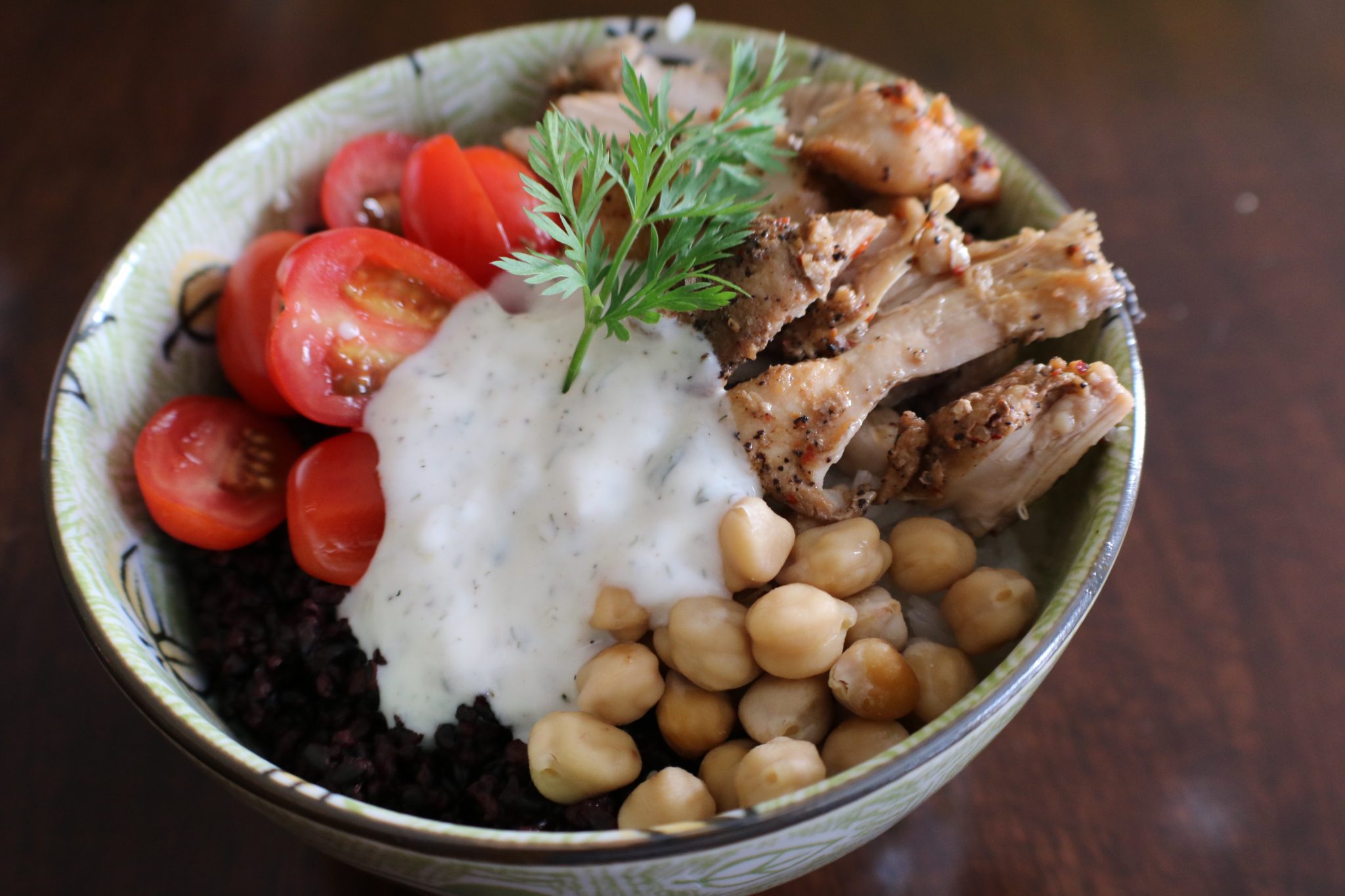
The road to orthorexia was paved with good intentions
What started as a way for me to maintain good health for myself and my family became a way of life that bordered cultism. Identifying with a group of people who follow the same eating plan is not unusual and alone is not suggestive of a food cult. Many people can simply follow an eating plan without obsessing over every decsion about food.
Here's the difference. The popularity of Veganism has increased 500% since 2014 in America, so I'll use this way of eating as an example. I could technically use any eating plan as an example.
Vegan diet vs. Vegan Cult
A vegan diet is choosing to eat fresh fruits, vegetables, nuts, seeds, and grains because they are enjoyable and healthy. On the other hand, a vegan cult could be the belief that any meat or dairy will lead to disease or even death and to eat these food items brings on guilt and shame. The idea that those who choose to wear leather or eat meat are evil. A vegan cultist might believe themselves enlightened or morally above meat eaters.
My first experience with a food cult was Raw Veganism. Interestingly, many of the raw foodists that I followed when I was a raw vegan (2004-2006) no longer adhere to the lifestyle. Number one reason? Health issues.
I had discovered health problems of my own but hesitated to admit they could be related to my perfect eating plan. Every time I mentioned my nutrient deficiencies to someone in the raw food community they would begin asking questions about how accurately I was following the plan. The answer was “painstakingly accurate” as I obsessed over meals.
This post is not meant to single out a particular group; it's just the one in which I have had the most experience. During my raw vegan phase I also noticed a lot of shaming among group members. Especially when the subject of what was considered 100% raw; debates about various foods were commonplace. Using leather or even beeswax might raise eyebrows.
Other eating plans and diets lead many into the same trap. I have noticed that when I put a name on my eating plan, it's time to watch out for the red flags associated with orthorexia.
[Tweet “when I put a name on my eating plan, it's time to watch out for the red flags associated with #orthorexia”]
Are you OCD about your diet?
Weight loss diet plans are notorious for becoming cult-like. We all want to succeed in our goals, from the curing of disease to weight loss, there's nothing wrong with that. For all or nothing types or people who are desperate for a cure, it's vital that we learn to recognize these red flags.
One of the red flags is feeling shame for not being perfectly “on plan” or eating an “off plan” food. Any sense of desperation to adhere to the plan can also be a warning sign.
Another personal example is a weight loss plan that I once followed. I did not have my family participate in this way of eating because no one else in my family needed to lose weight. In fact, I had to be careful not to let my kids get too thin.
In this example, one time I shared a meal prep video with healthy whole food meals for my family members who take lunch to work. I did not indicate that the meal was for weight loss. In fact, I stated in the video, “if you are trying to lose weight, you will want to skip the sauce.” Nevertheless, some members of the weight loss community criticized the healthy meal because it had “too many carbs” to be weight loss friendly. This comment was a trigger that reminded me to be cautious about labeling my way of eating.
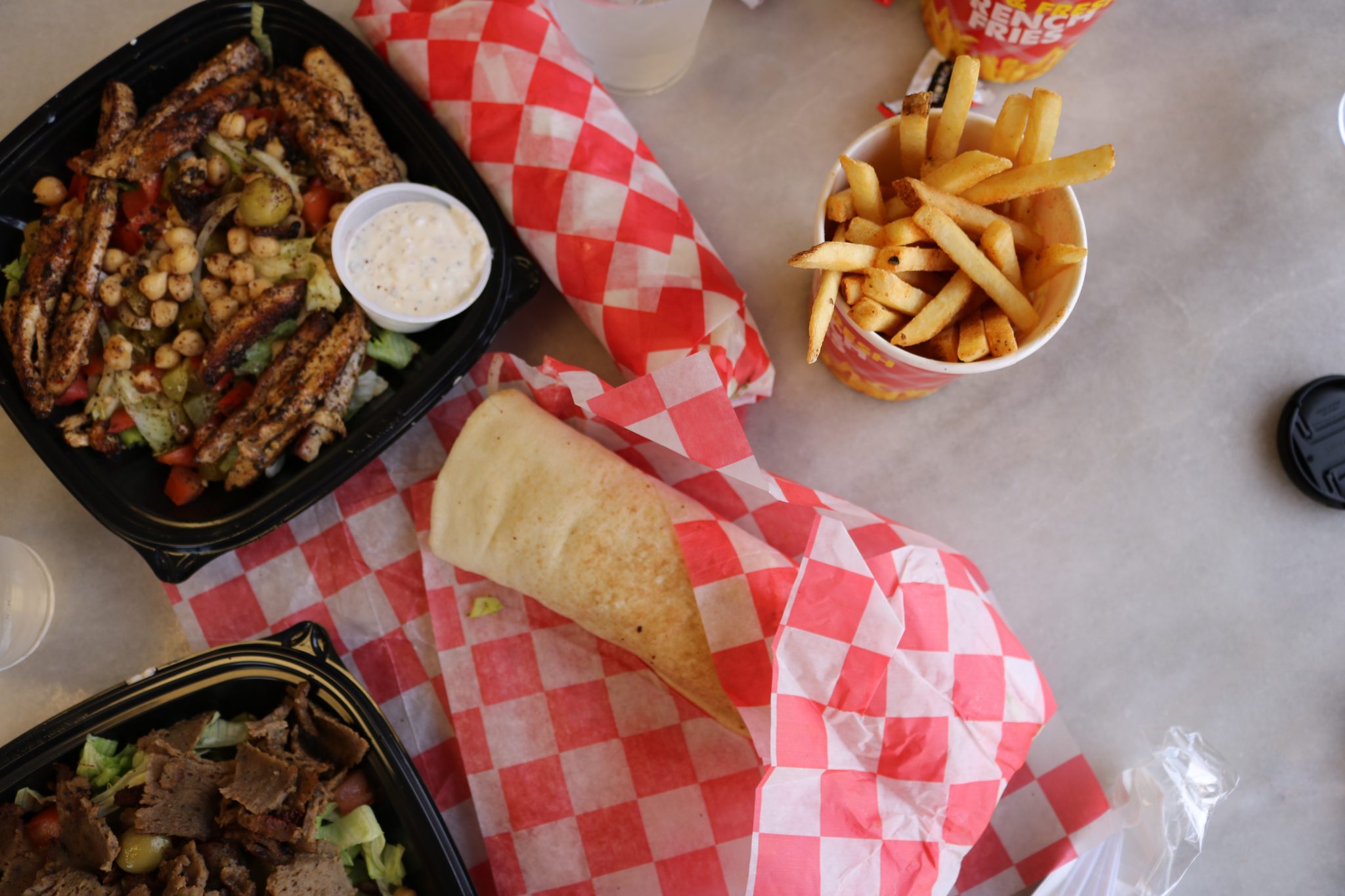
Some of the triggers or red flags:
- A feeling that you have to follow your particular eating plan even though it was not prescribed by a medical professional.
- Once involved, it's often hard to get out primarily because adherence to the way of eating often means being part of that particular community and leaving means severing perceived friendships.
- A community of followers who congregate or get together either online or in person to share how they stick to the lifestyle.
- Members of the community are being discouraged from questioning the method or ideology.
- Members are discouraged from teaching others variations on the rules or mentoring others without leader supervision.
- Negative reports or stories about why members left the community get deleted or are not permitted.
- Members who left the community become enemies.
- The eating plan has “exclusive insider” knowledge not known by others.
- Usually, a transformation story or stories are passed around as typical results.
- A rigid lifestyle which causes anxiety because there is typically no room for “rule breaking.”
- The plan has unique health benefits, etc. If you follow the rules, you will achieve a certain level of health.
- When a member fails to see results, it's because they are “not doing it right.”
- Any results that aren't magical are detoxing symptoms.
- Eating with family or friends becomes challenging due to eating plan; your children/spouse/friends feel bad because you are avoiding certain food groups.
- It becomes difficult to eat in restaurants or social situations due to imposed food restrictions.
- Eating foods you don't enjoy because they are part of “the plan” (especially powders and potions)
- Eating meal replacements (bars, shakes, etc.) daily even when you'd rather eat something else
- Special tools/ingredients required for following the plan.
- Failure to follow the plan results in guilt.
- A fixation on following the plan; being emotionally involved with your eating plan.
- You spend more time thinking about what to eat than anything else, including relationships with people.
- Often there is a profit margin; someone is making money or profiting from keeping you on the plan.
There are certainly times when food restrictions can be beneficial and often critical. If a person with diabetes is following a sugar-free or low-carb diet, there is a perfectly good and logical reason behind it and problems could arise if not followed! The same could be said of someone with heart disease, Crohns Disease, etc. Lifestyle choices are different than disordered eating.
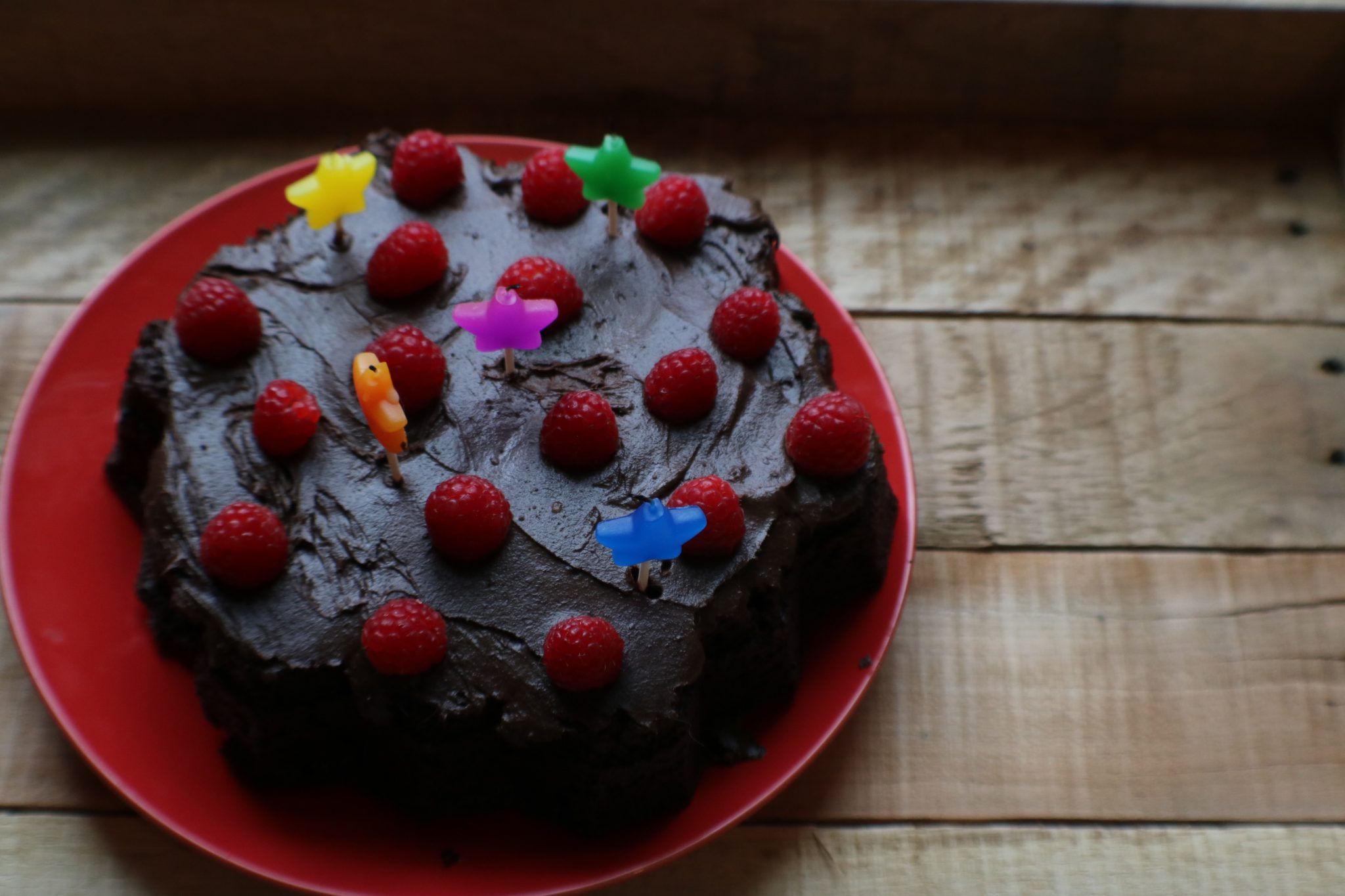
When you lose your balance
How do you know it's time to get out? First of all, pay heed to the red flags I previously mentioned. Make sure you are actually following your way of eating for the right reasons.
Also, learn to listen to what your body is telling you. Warning signs that something is going on include:
- Lack of energy
- Hungry all the time
- Anxiety about what to eat/what not to eat
- Always worrying about how pure or clean your food is
- Test results show you're low in certain nutrients or you discover new health problems you didn't have before starting the way of eating.
- Memory deteriorating or fuzzy thinking.
- Other physical symptoms such as hair loss, rashes, etc.
Orthorexia is one eating disorder that is socially acceptable; people praise your good food choices. Such a fine line exists between eating for health and orthorexia that most sufferers won't be diagnosed. If you realize that you are practicing cult-like behaviors on your current eating plan, or if you think you may be experiencing orthorexia it might be time to reassess or get help.
- Eating should be associated with gratitude and joy.
- Cures and weight loss take time, quick fixes are usually not permanent solutions.
- Remember food is the solution, not the problem, educate yourself about healthy eating from multiple sources and try not to adhere to only one line of thinking.
- You are the only person who can make the final decision about what you eat.
- Critical thinking and practicing individuality are both good things, surround yourself with individuals who support these ideas instead of extreme measures.
- Cleanses and detox programs are useful, and they have a time and a place, but should not be a way of life.
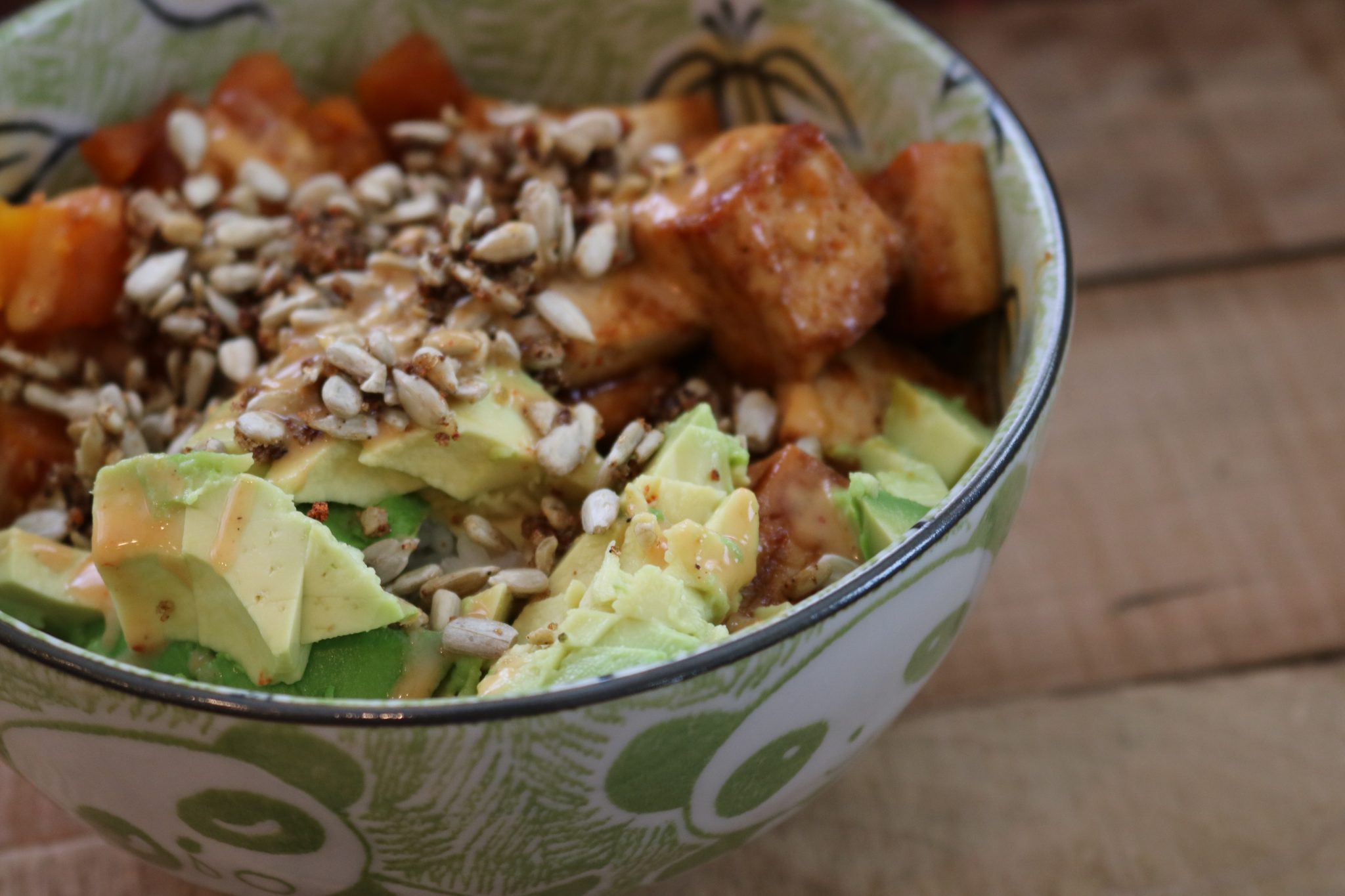
The motivation behind this post is to bring awareness to orthorexia
Don't misunderstand, I realize the irony of myself writing this post. That irony is exactly why I believe it is my responsiblity as a health blogger to bring awarness to the subject.
Yes, I follow a distinct belief system about food that includes things like eating whole foods as much as possible, including lots of vegetables, avoiding processed foods, eating organic when available, etc. I mean, I am That Organic Mom. There is nothing wrong with trying to eat as healthily as possible, the danger comes when we lose our balance and become fixated.
My personal goal is to refrain from putting on a label, not easy but doable. Unlike the food-cult mentality, a healthy mindset tells me that staying balanced should be higher on my priority list than being slender. The message I'd like to promote is that health is more important than weight.
Basing my food choices on what will increase my lifespan as opposed to what will bring me closer to a beach body is much better for my mental health. Bringing my attitude back to that first love that I had for healthy living, where my focus was long-term health, not short-term vanity is another goal.
A healthy mentality
One way I stay on track with my goals is by working with my healthcare providers to assess the state of my physical and mental health. It's important to know where you are before you embark on an exercise or eating plan. You can't measure success if you don't know where you started.
Eliminate problems, if you identify any. For example, my recent diagnosis of anemia. We took steps to correct the problem and altered a few things in my diet. The changes aren't always something you'll follow forever. Before you begin an eating plan to correct a health problem, have an idea how long the program should last.
Live life! Most eating plans do not become a permanent way of life for most people. There are going to be times when you are going to choose to celebrate your best friend's wedding with a glass of champagne or your daughter's birthday with a cupcake. Enjoy it without the guilt and then get back to making healthy choices keeping balance in mind.
What do you eat?
With so much conflicting information out there it is easy to be overwhelmed. You can find a book extolling the benefits of a plant based diet next to a book that suggests eating fat will cure heart disease and prevent Alzheimers. “Clean eating” can mean different things to different people. You don't have to be a dietician to know whole foods are healthier than processed foods.
My goal is to eat healthily when possible, enjoy food, and stay away from patterns that leads to disordered eating. Since I changed my way of thinking, I no longer spend the day thinking about food. I eat and I move on.
[Tweet “My goal is to eat healthy when possible, enjoy food, and stay away from patterns that leads to disordered eating.”]
So what do I eat? All of the photos in this blogpost are pictures of my own food. For the last year I have not followed a specific eating plan; but I pick and choose the parts that work for me. I prefer not to label my way of eating but if I had to I would say it's Keto-Paleo-Vegan. Mostly, I eat:
- plenty fresh vegetables and green leafy vegetables
- some fruits that are low-glycemic in nature
- foods with high-quality fats such as avocado, nuts, olives, olive oil, coconut, flax
- a moderate amount of quality protein sources such as meat, fish, eggs, and nuts
- when possible I avoid processed foods, chemicals, pesticides, herbicides, and hormones
- a very modest amount of beans; mostly lentils and not that often
- rarely do I eat grains, but I do not exclude them legalistically
- sweeteners on special occasions or holidays may include erythritol, xylitol, coconut sugar, maple syrup or honey
- fermented foods such as kimchi, kraut, yogurt, kombucha, etc.
- lots of water, unsweetened herbal tea, and a little coffee are my beverages of choice
Remember, the scope and severity of eating disorders are often misunderstood. Eating disorders are serious illnesses, not lifestyle choices. If you don't know where to turn, call the National Eating Disorders Association 1-800-931-2237 or look for a licensed therapist in your area.

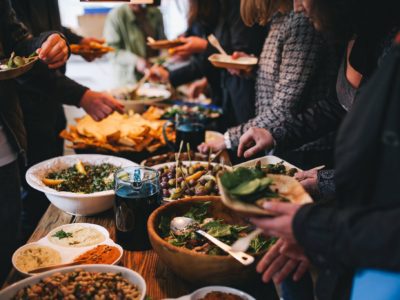
 A Family That Gets Fit Together, Stays Together
A Family That Gets Fit Together, Stays Together
Leave a Reply
You must be logged in to post a comment.